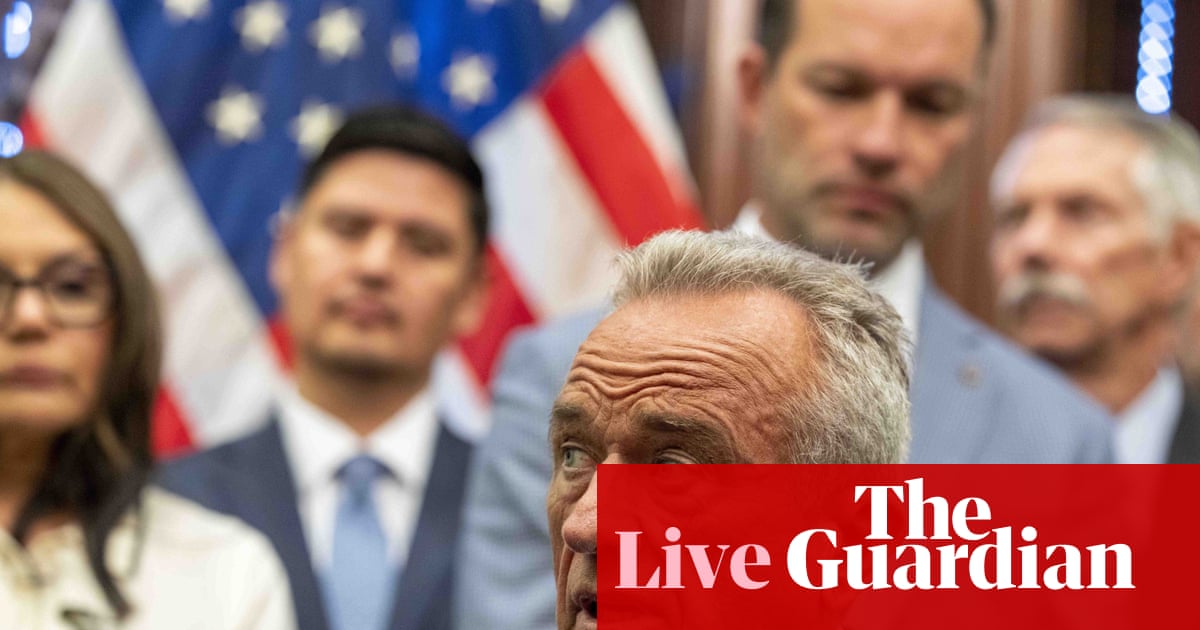
In a significant shift within the US public health landscape, the White House has appointed Jim O’Neill, a close ally of Robert F. Kennedy Jr., to temporarily lead the Centers for Disease Control and Prevention (CDC). This decision has generated considerable backlash from several senators and public health officials, raising concerns about the future direction of the agency.
O’Neill’s Appointment and Its Implications
O’Neill, who previously served as the deputy secretary of the Department of Health and Human Services (HHS), is noted for his lack of medical training, which contrasts sharply with the scientific expertise typically expected of a CDC director. His ascension comes amid the controversial firing of Susan Monarez, who had barely completed three weeks in the role. Monarez’s removal has prompted urgent calls for congressional oversight from Senate leaders who express alarm over the political motivations behind these changes.
Concerns from the Senate
Senator Bill Cassidy, chair of the Senate Health, Education, Labor and Pensions Committee, has criticized the decision, urging the Advisory Committee on Immunization Practices (ACIP) to postpone its upcoming September meeting due to serious allegations regarding its agenda. Similarly, Senator Susan Collins publicly voiced her shock at Monarez’s dismissal, emphasizing the vital experience and skills she brought to the CDC. Such reactions highlight growing fears that political influences are undermining the CDC’s ability to operate effectively.
Calls for Public Health Integrity
In response to these developments, several senior leaders from the CDC have resigned in protest, calling for a return to science-driven decision-making in public health. They emphasize the need to separate politics from the imperative of protecting public health, a sentiment echoed by community advocates and public health professionals alike.
The Future of CDC Under O’Neill’s Leadership
As O’Neill prepares to take his post, many are left to wonder how his leadership will shape the CDC’s approaches to vaccine policy and public health strategies moving forward. It remains to be seen whether he will prioritize the expertise of the agency’s scientists or adhere to the political outlines set by the current administration.
Conclusion
The recent turmoil at the CDC serves as a critical reminder of the delicate balance between public health policy and political influence. As citizens, we must remain vigilant in advocating for a science-led approach to public health, ensuring that our well-being is not compromised by political agendas.
For those looking to prioritize their health amidst these changes, consider incorporating healthy habits into your daily routine. Products like Nature’s Way Health Supplements can help support your immune system and overall well-being.


